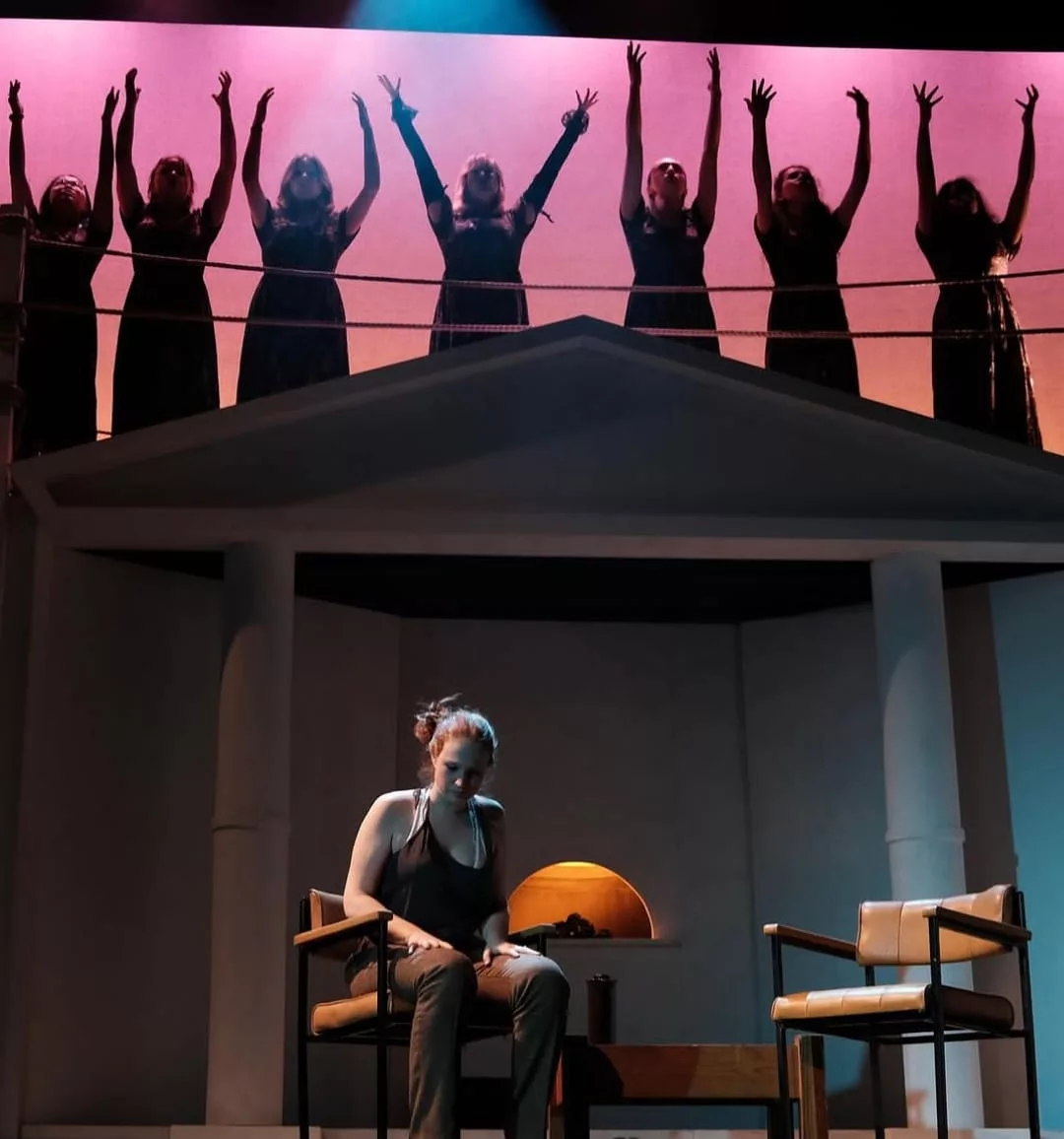This week is National Care Leavers Week. The act of dedicating a week to raise awareness for a cause is a PR strategy as old as this university. Now, barely a calendar date can pass by without a charity demanding attention. So if this landmark passes you by, you’ll be forgiven. However, there comes a point where awareness weeks shift from a PR campaign to a tradition.
The word tradition literally means the transmission of customs or beliefs from generation to generation. Now in its 21st year, Care Leavers Week has finally reached the point where it has crossed generations and become a tradition. Every year, during the October holidays, the country is asked to give attention to those who grew up in the state’s care. To celebrate their achievements. To amplify their voices. To raise awareness of their challenges. But this is not one we should be proud of and not one I will pass down to my children. This got me thinking: are traditions important?
This university is famous for its whacky, arcane traditions, from setting clocks wrong to swearing not to light a fire in the Bodleian library. Last week, I saw one of the most public Oxford rituals: matriculation. The ceremony that confers a student’s place here. An induction into the family. Acceptance into this strange world.
But traditions scare me. I’ve never really experienced them in the way most people have. In the care system, we don’t have any family traditions, let alone any school ones. I didn’t receive a birthday cake until I left the system, and I won’t horrify you with our Christmases. So, when I got an email from the university demanding I participate in this one, every rebel bone in my body was triggered.
My gut reaction was to run away. To convince myself that this was some outdated, posh rhubarb that didn’t need me. The truth was, I was scared. To take part in a tradition, you must feel part of the thing that is being celebrated. That’s a feeling I’m not used to. Care leavers are used to being ignored, overlooked, and demeaned. By definition, we’re not usually seen as ‘part of the family’. We’re used to broken promises from institutions. Scars like that are hard to heal.
Some say the Oxford traditions go against everything we have learned about being progressive, productive, creative, and innovative, and they are just not inclusive. But is that really the case?
Traditions form a collective identity. They touch us, connect us, expand us. As much as I hated being paraded down the street in a silly hat, gown, and white bow tie, for once, I felt included.
The moment when the Sheldonian Theatre was filled with black and white TV static was unique. For that moment, all the differences in background, area of study, interests, or personalities no longer mattered. At that moment, as the static froze and the Latin was spoken, we were all the same. We were unified in the collective experience of officially becoming students at the University of Oxford. Finally, I felt part of something.
Are traditions important? I come from a world where traditions didn’t happen, leaving my life as unstable as a Mento in a Coke bottle. But as Oxford opens up to more people from diverse and low-income backgrounds, they will be touchstones that make us feel part of the university. They give us permission to be part of something.
Image credit: Paul Chapman / CC BY-SA 2.0 DEED via Geograph.




